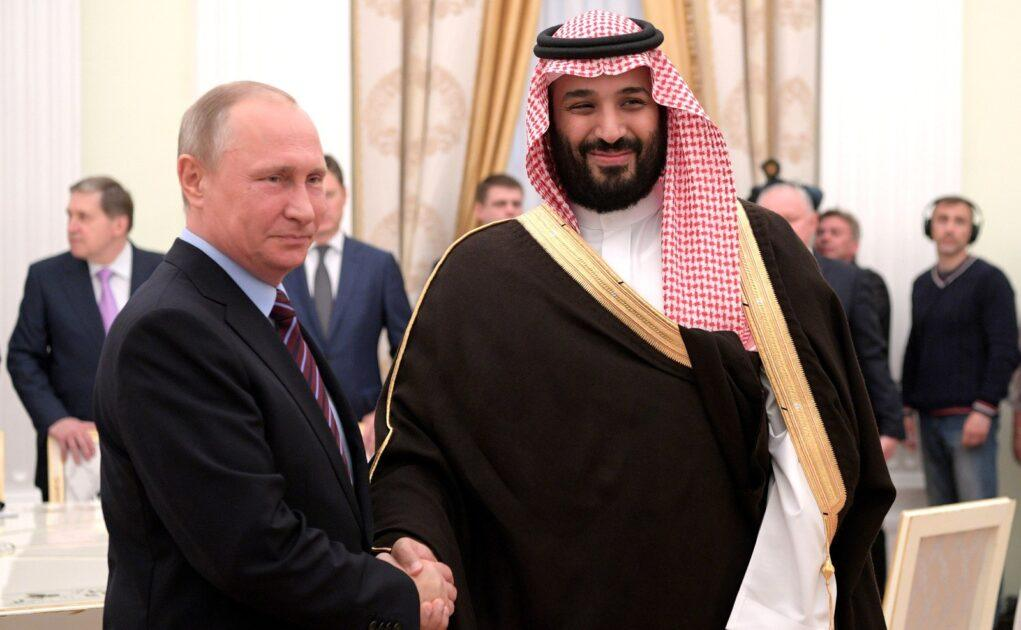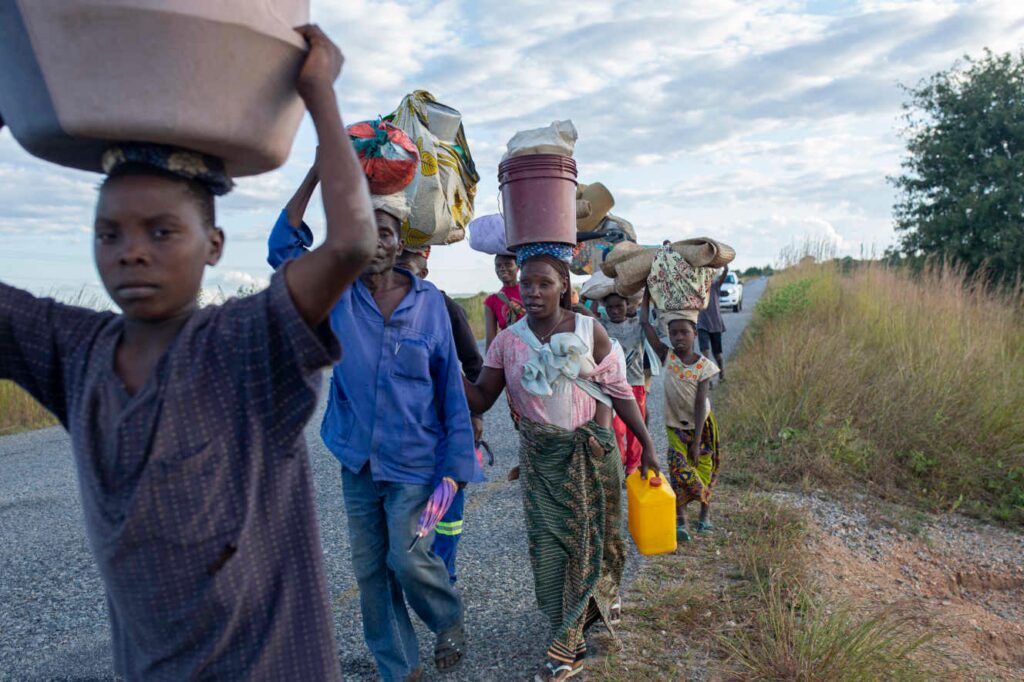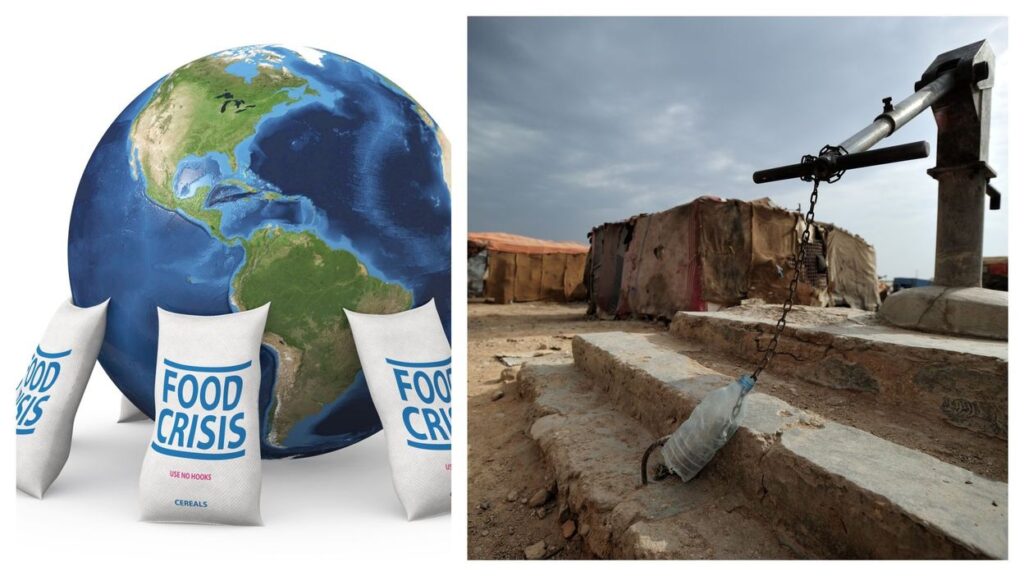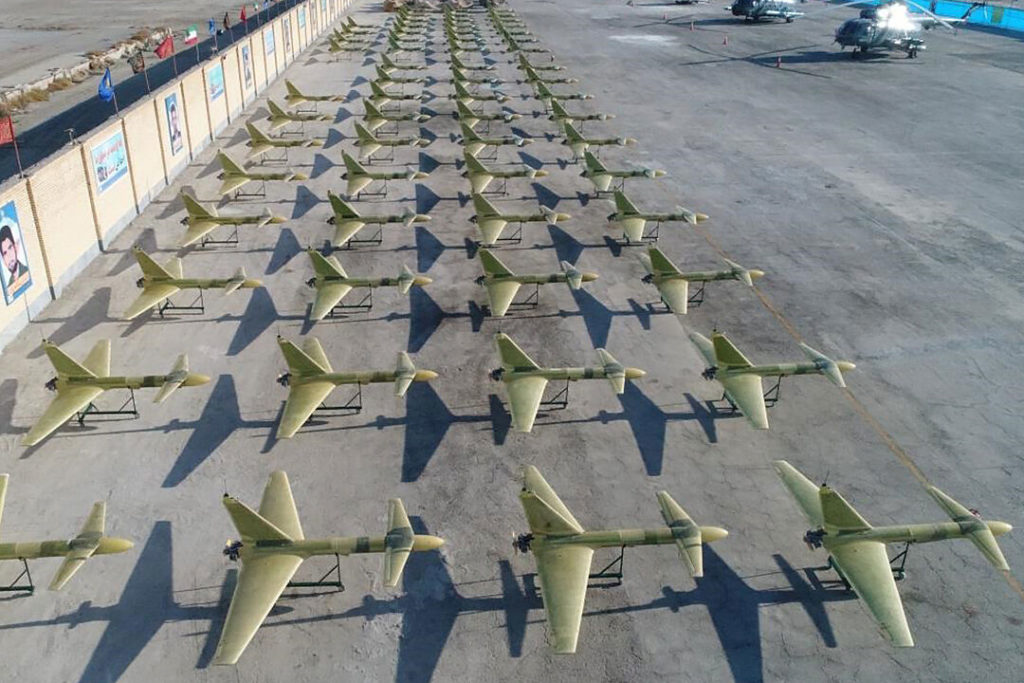Unthinkable Rhetoric: Nuclear Weapons and the Ukraine War
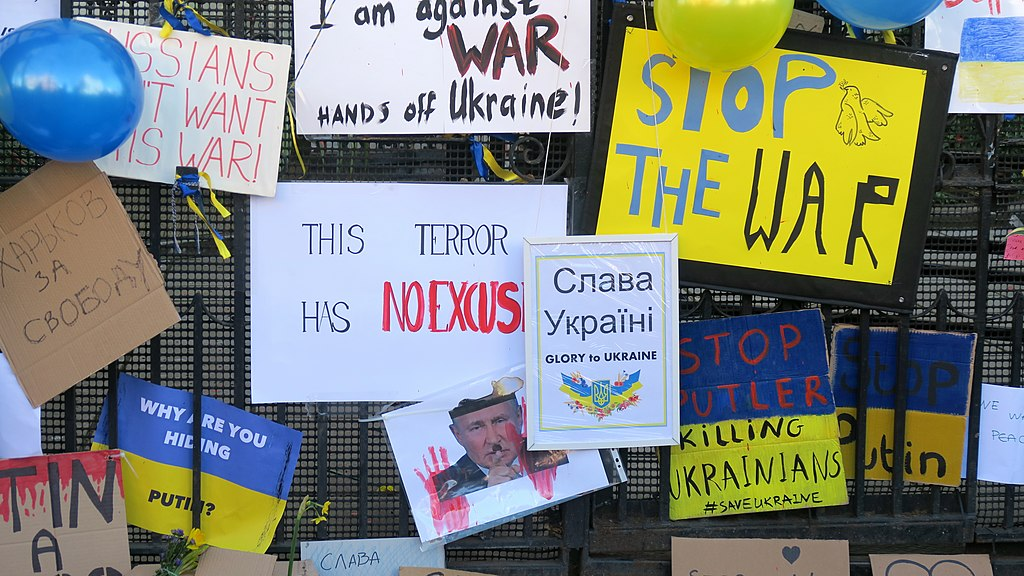
Protests have erupted around the world against Putin’s threat to use nuclear weapons. But any country in possession of nuclear weapons also puts us all in perpetual danger. (Photo: Kwh1050/Creative Commons)
At the outset of his invasion of Ukraine, Russian President Vladimir Putin declared that other countries “will face consequences greater than any you have faced in history” if they intervened.

